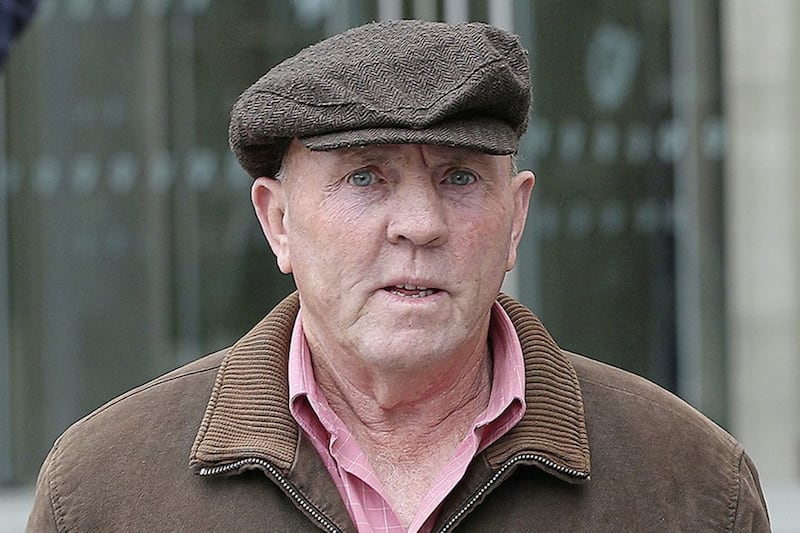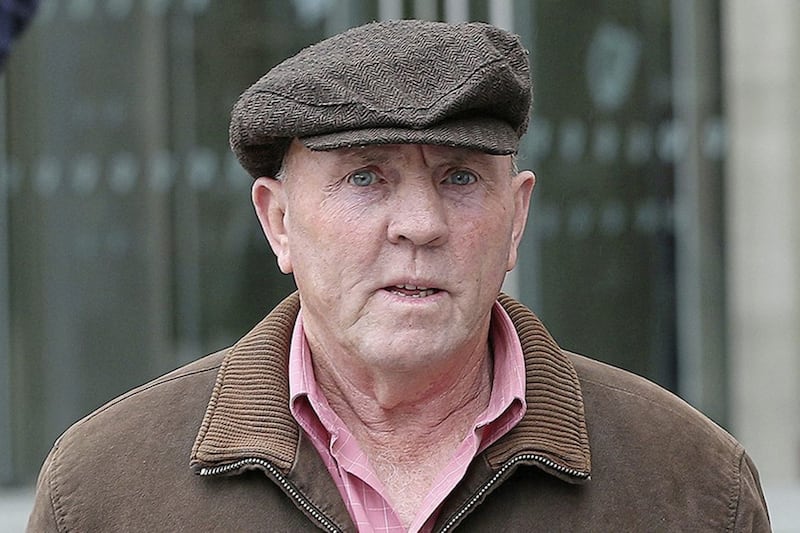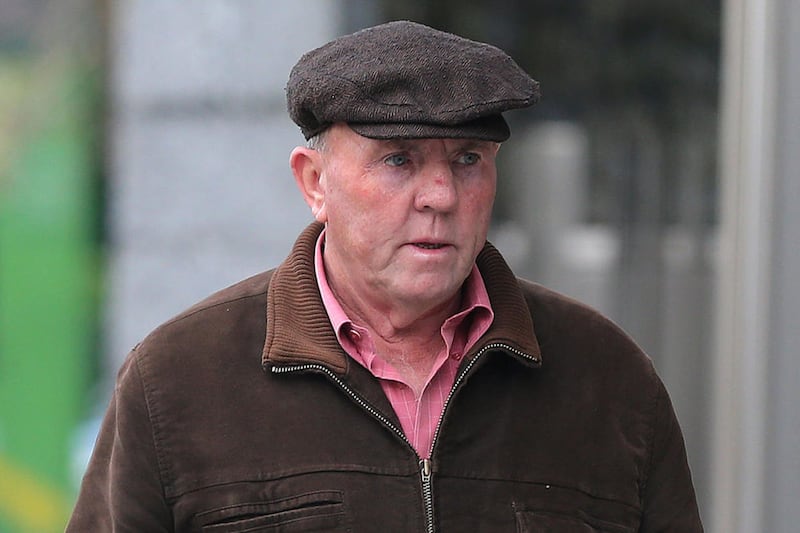ALMOST a decade ago, in March 2006, several hundred police and soldiers raided Thomas 'Slab' Murphy's border farm.
The massive security operation was the first major move against the alleged former IRA leader.
Eight years earlier, Murphy had lost a libel action against the Sunday Times after the paper described him as a prominent IRA figure.
But it was in late 2005, as the fraud squad net closed in on the Co Louth farm, that the bachelor had been forced to go public.
In a statement through a Belfast law firm, he denied links to a multimillion-pound property empire in the UK.
And he claimed to have sold his borderland home to pay for his expensive and failed defamation lawsuit.
The swoop on the Ballybinaby townland was spearheaded by investigators in the Republic's Criminal Assets Bureau (CAB) as they cracked down on cross-border smuggling.
Murphy's sprawling cattle farm, with his front door just feet from the border, was targeted along with 15 other properties in Louth and South Armagh.
Hours into the operation, security chiefs confirmed that £200,000 in mixed currencies had been found on the land, in the house and in sheds, along with 30,000 cigarettes and 8,000 litres of fuel.
Later it emerged that black bags hidden among hay bales in a cow shed contained cash of €256,235 and £111,185 and uncashed cheques worth €579,270, £80,000 and 24,000 in old Irish Punts.
More than 30 archive boxes of documents, ledgers and cheques were seized on the farm along with computers and separate hard drives.
In the yards, three tankers and a truck with a fourth tanker concealed inside it were impounded along with an oil laundering unit.
The CAB investigation continued in tandem with a major probe by what was then the UK's Assets Recovery Agency.
Inquiries led to Murphy and his brothers Frank and Patrick and the Ace Oils fuel company having more than €625,000 (£487,000) in cash and cheques confiscated by Revenue chiefs.
Nine properties in north-west England, worth £445,000 (€573,000) and owned by Slab's brother Francis and his wife Judy, were recovered by UK authorities.
Another brother, Patrick Murphy, settled tax bills worth more than €1 million (£730,000) with the Republic's Revenue.
The blitz on Ballybinaby came six months after IRA decommissioning had been announced.
All the time Murphy, who Martin McGuinness said was one of those who helped secure peace, was the focus of investigations by Revenue inspectors and fraud squad detectives in the Republic.
Their trawl of his tax affairs over a nine-year period led to him being charged in 2007.
He fought the case every step of the way and objected to the Director of Public Prosecutions opting to pursue it in the three-judge non-jury Special Criminal Court.
Murphy did not give evidence in the trial.








